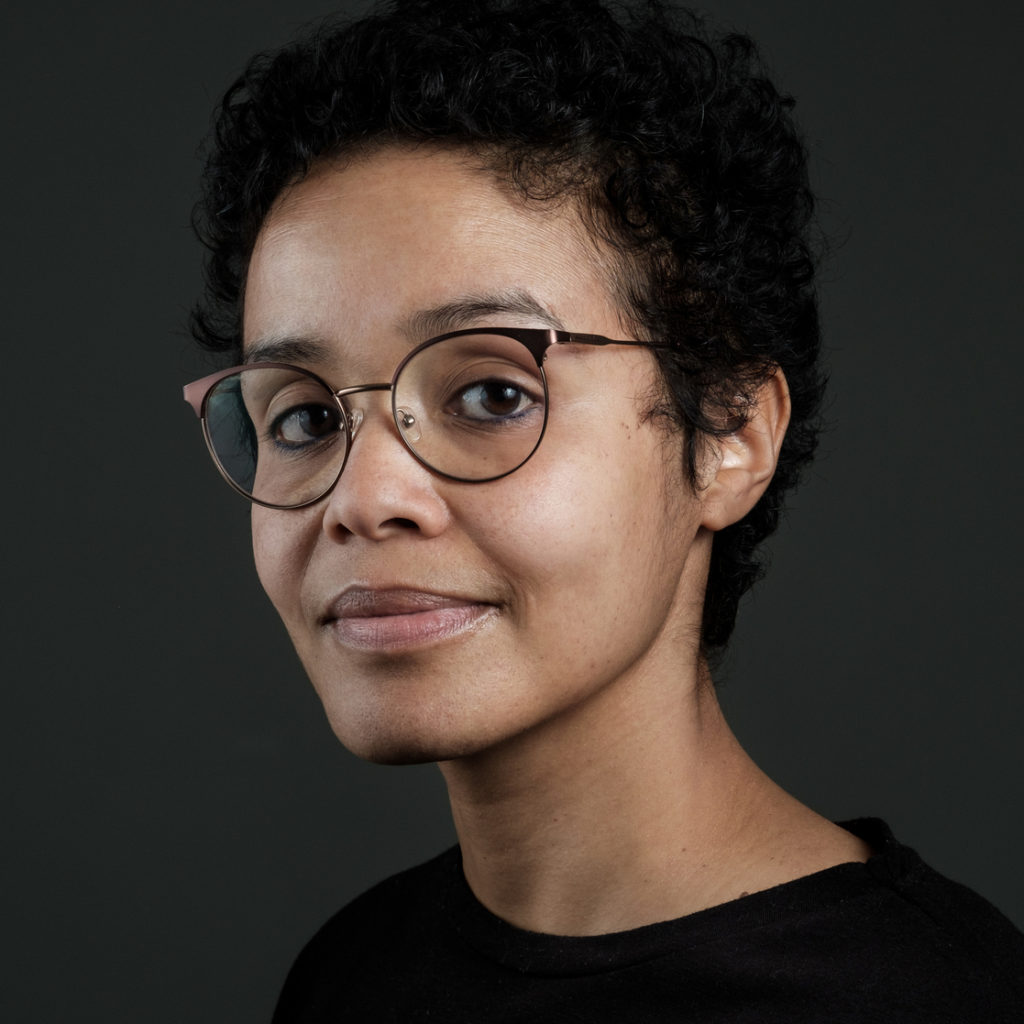Groundbreaking Workshop on AI and Technology-Facilitated Gender-Based Violence at AWiM24
Trending
Thursday April 3, 2025
Trending

“Stories fundamentally validate real voices,” says Sophie Haikali.
The story of Africa is not one she wrote herself. Decades after the abolishment of colonisation, and as most of the world marched through the gates of economic and technological advancement, Africa lags behind.
Instead, the continent is marked with deep scars of fabricated propaganda that hurt and shame the oppressed. The residue of the internalised pathologies introduced to us holds Africa back as effectively as they did when first dispensed by our propagators.
Conversely, it is then safe to assume that the possibility of internalising a different narrative from the one created on our behalf; one which in itself empowers Africa and represents its people with dignity, could serve as an elixir to these toxic internal pathologies?
For instance, Sophie Haikali, who is a leading female pioneer in Namibia’s film industry, uses her work to explore the complexities of the African narrative.
Haikali is an award-winning German-Congolese producer. And in the last 15 years, she has worked on different projects across Africa that have positioned her as a leading professional known for her expansive network across the continent.
In her body of work, she has facilitated and produced productions like the Daily Show and offers her experience in the publication and marketing of the Creative Industry Guide – a leading Namibian guide for creatives.

Haikali grew up as a young girl in Germany, and recalls how she used to eagerly stay up late watching international films broadcasted on the local tv channels.
“I wrestled with a weird feeling of ‘not belonging’, a sort of difference I felt,” she says.
“And local content on TV didn’t represent all of my society so I struggled to relate.”
The absence of diversity in the media she was surrounded with while growing up spurred her desire to want to expose herself to diverse films from all over the world.
“I always felt like a better version of myself when travelling and meeting new people,” she says.
Haikali describes how travelling, coupled with her naturally creative nature, allowed her the freedom to imagine a different perspective from the one she felt alienated by.
“[Travelling] opened me up to different outlooks of life and added to the variations of beliefs I knew were out there.”
Growing up mixed-race in Germany, Hakali says she carried the weight of subliminal isolation which she struggled to vocalise.
But, when she began her travels and started hearing multiple people speak of their different narratives she came to learn that her feelings of alienation were not unique to her, but a shared experience amongst many from the African diaspora. This is when she finally felt her experiences validated.
“My earliest experience with a different African narrative than the one portrayed on German media was through my father.”
She fondly remembers that her Congolese father consistently had a deep interest in her dreams and everything she reported she saw.
It is from such moments that she felt a sense that there was more to African cultures beyond the unpleasant, eerie, darkness that is often portrayed as the dominant African experience.
“In comparing what Africa was to my society versus what my father understood it to be, [I realised] that much gets lost in translation, and that care and attention needed to be heeded when relating a story across languages,” Haikali says.
“And language fails us too often.”
Her work through film has been rooted in validating dismissed experiences and highlighting stories that are essential to the upliftment and representation of the African identity, told by Africans, to Africans and the world.
“My favourite part is when a story comes alive and you can see the living pieces in it,” she says.
“In telling African stories, I find that we often get stuck in over-explanation, as though we need to explain why we are telling our own story differently from how it was told for us. But if we are creating content inspired by Africa and producing it to be consumed by Africans, then there is no need to explain the experience of a people to the people themselves.”
Haikali believes that evolving from content that ‘over-explains’ to content that rather elicits conversation with each other can facilitate the process of re-narrating what and who Africa is to Africans.
In essence, organic storytelling challenges existing notions and leads toward imagining an alternate narrative.
“There is a need for a general allowance of [creative] freedom in telling the many versions of our story that exist within the continent,” says Haikali.
For Haikali, although the previous versions might have been truthful (in accordance to the colonial perspective), there is a need for more diversity in the voices to tell or create a version that accurately represents African people.
“The previous generation hasn’t completely passed on the baton yet. So the power struggle and frustrations of carrying the mission from the elders can be felt but now we need to create our own table instead of fighting for a seat at theirs. The future of Africa and how it is seen is up to us.”
As such, in her films, Haikali urges us to understand the narrative which we come from – the one propagated to us – for the sole purpose of empowering ourselves enough to contribute to other narratives that better align with what we as Africans can relate to and identify with.
Indeed, the time to shed our collective self-doubt as Africans has long expired.
We’re not gonna spam. We’ll try at least.

Copyright 2020. African Women In Media